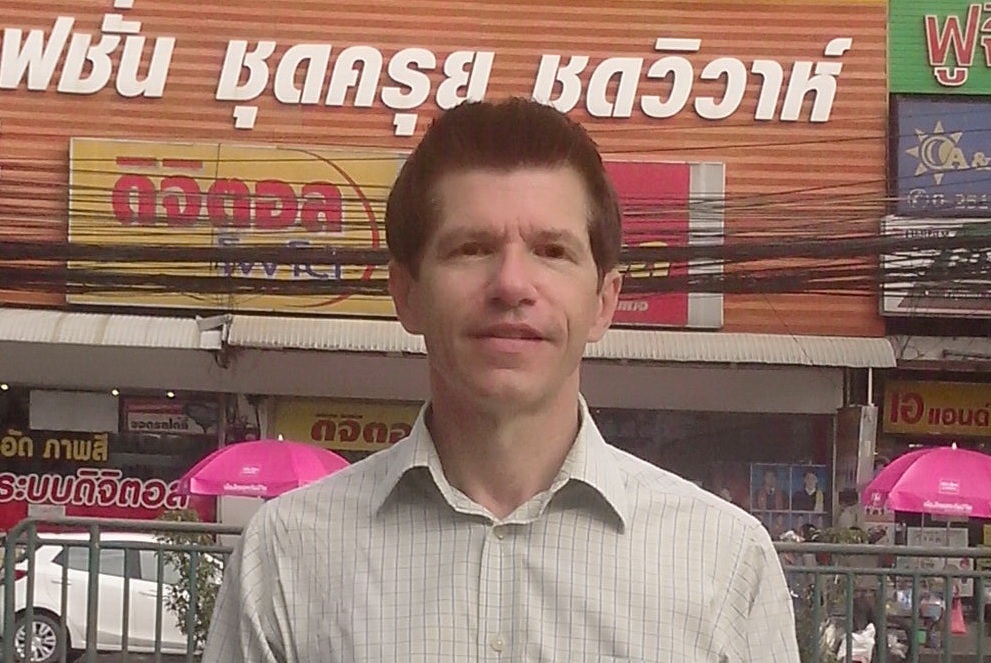Engrish is that very basic version of English spoken by many in Asia. There are so many languages in Asia we find Westerners often seek out locals with some level of English.
Many assume that finding someone with some English speaking skills means it will be easier to do business with them. However, that assumption is wrong and is often the first step towards a trading disaster.
There is another more alarming aspect to this. Why is it that many seem to ‘trust’ people more if they can converse with them in a little English? It is almost a relief – “finally someone understands me”.
Take this to its natural conclusion and you find business relationships forming without clear thought as to why. Are you doing business with the best person you can or are you simply doing business with the only person you feel you can converse with?
Another aspect to consider is our natural reluctance to ask questions or to clarify what we have heard. Overlay this with the Asian psychology of not wanting to appear impolite and you will have people nodding in agreement with you but their nodding really means “I hear you,” not “I understand you.” In a group, this becomes more prevalent as many will be reluctant to expose their lack of understanding. They will wait for an opportunity to ask a question to check their understanding. Often this will come in a social context where it is less obvious or perhaps they are more relaxed themselves.
As Engrish is the second (or third or fourth) language for many in Asia you must expect misunderstandings. Westerners have a liking for power phrases, for distilling thoughts down to as few words as possible, or even just one word to convey the very essence of their business.
A global example is BMW. For decades their tagline was ‘The Ultimate Driving Machine’ – very easy to comprehend and quite descriptive. The context was also easy to explain – they were talking about the best car to drive.
This has now changed to ‘Joy’, but without some basic understanding of the brand and indeed its history it has no meaning. Even then, what does this mean to the average Westerner, let alone an Engrish speaker?
This is the exact opposite of how you should conduct business in Asia. You need to use simple words and write longer descriptions – repetition is to be encouraged. Case studies are a gold mine, as they tell a story. If the reader does not quite get the message in the beginning, a well written case study in plain English can give your target customers a more in-depth understanding of just what your product or service is all about. As a consequence, a translator can also gain a better understanding and the quality of the translation is thus much enhanced. Case studies provide both context and comprehension and become discussion points which in turn encourage the flow of conversation. As a result, it is much easier to gain more insight into just how good a fit your product or service is with their business.
So, don’t head off to a translator just yet. Review all of your marketing materials, move away from bullet points and resist power words. Start writing case studies using plain English and short sentences and paragraphs. Resist the urge to summarise – Engrish speakers will understand so much more and your business relationships will be more robust as a result.
Greg Reynolds is a director of YourBUSINESSinASIA.com, an Asian market entry and business development consultancy based in Bangkok and covering the wider Asian region.




